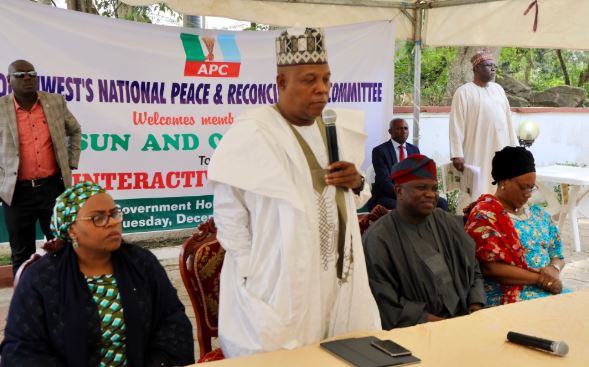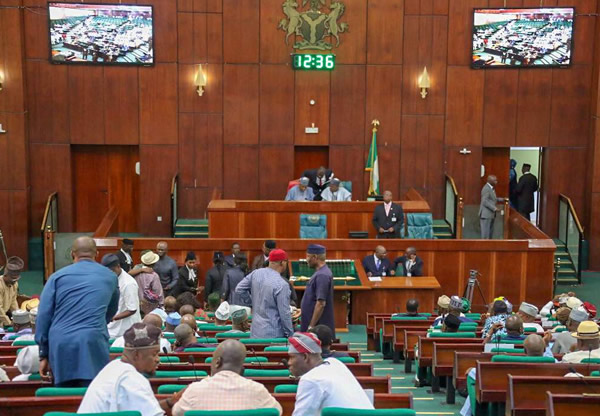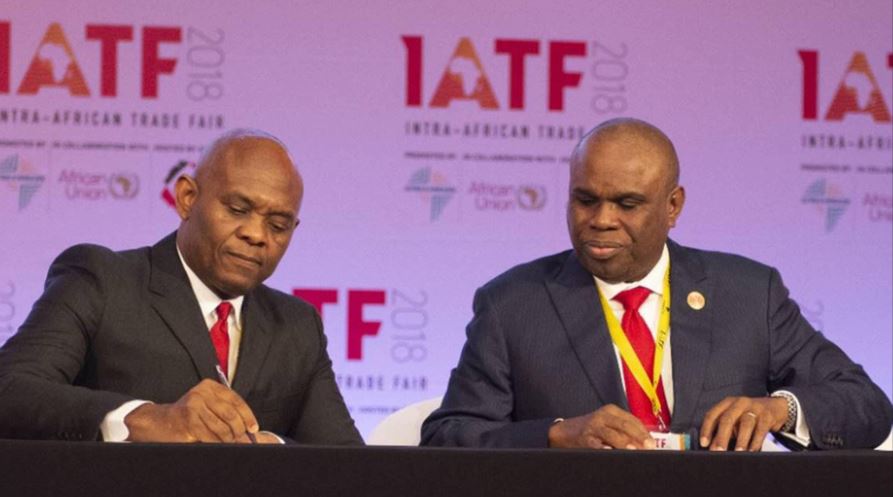Sundar Pichai, Google’s chief executive, has told a US congressional panel why an image of President Donald Trump comes up on a google image search for “idiot”.
Zoe Lofgren, a Democratic congresswoman, had asked Pichai to explain what leads to such.
“How would that happen? How does search work so that that would occur?” she asked.
But Pichai said Google has a search algorithm that collates data from billions of web pages.
Advertisement
“Any time you type in a key word, we, as Google, have gone out and crawled and stored copies of… billions of [web] pages in our index and we take the key word and match it against the pages and rank them based on our 200 signals, things like relevance, freshness, popularity, how other people are using it,” he said.
“Based on that, at any given time, we try to rank and find the best results for that query and then we evaluate them with external radars… to objective guidelines.”
Lofgren asked further: “So it’s not some little man sitting behind the curtain figuring out what we’re going to show the users?”
Advertisement
Pichai said the company does not manually intervene on any particular search result.
The Guardian reported recently that the “idiot” search result is partly because the Green Day song American Idiot was used by protesters to soundtrack Trump’s trip to London.
But there had also been a campaign to capitalise on the association and manipulate Google’s algorithm by Reddit users upvoting a post containing a photo of him and the word “idiot”.
Much of the hearing before the house of representatives judiciary committee focused on Republican concerns that Google’s search results are biased against conservatives and that the company sought to influence the outcome of the 2016 presidential election.
Advertisement
Democrats rejected that claim as “fantasy”, and at least one said the search results highlighted more conservative voices.
Pichai said the search engine attempts to help people register to vote or find a polling place, but rejected assertions that the company paid for Latino voters’ transportation to polls in some states.
“We don’t engage in partisan activities,” he told the panel.
Advertisement
1 comments







The nation congress don’t know how google work